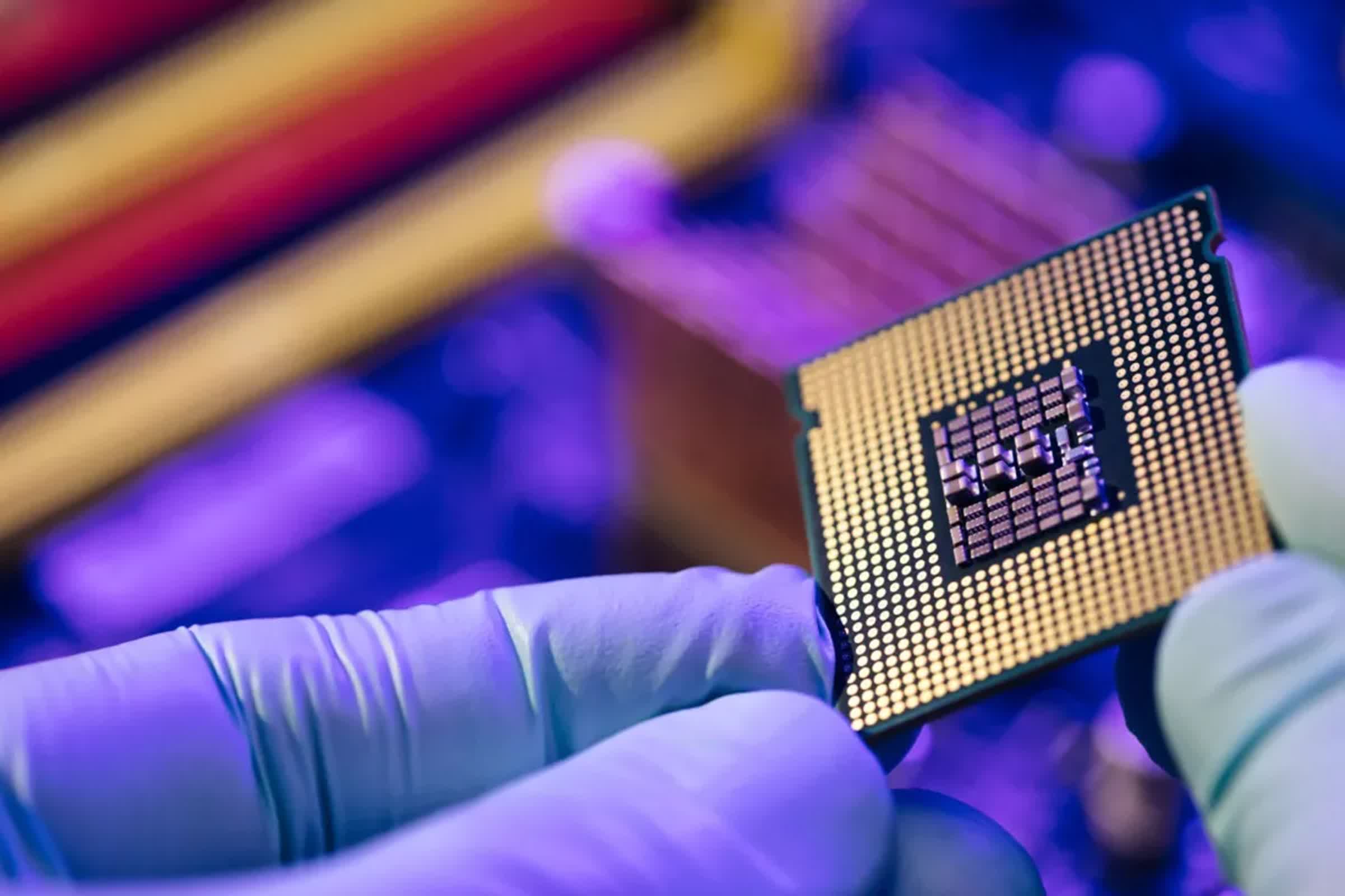Serving tech enthusiasts for over 25 years.
TechSpot means tech analysis and advice you can trust.
What just happened? The prolonged saga of Intel's CPU stability issues may finally conclude. Team Blue's assurances that its forthcoming processors will be immune to the crashes plaguing its current lineup offer hope. However, the problem significantly impacted the company's reputation, and the road to regaining consumer confidence remains uncertain.
Intel has announced that its upcoming Core Ultra 200 Lunar Lake and Arrow Lake CPUs will not be affected by the Vmin Shift Instability issue plaguing its 13th- and 14th-generation processors. The statement comes after a nearly two-year-long saga of mounting stability concerns, during which the company responses remained less than transparent.
Intel also identified which processors are unaffected by these issues. This list includes:
- 12th-Gen Intel Core desktop and mobile processors
- Intel Core 13th- and 14th-Gen i5 (non-K) and i3 desktop processors
- Intel Core 13th- and 14th-Gen mobile processors, including the HX-series
- Intel Xeon processors, including server and workstation models
- Intel Core Ultra (Series 1) processors
Reports of instability problems first surfaced in late 2022, but the problem reached critical mass in early 2024, capturing widespread industry attention. These issues were primarily observed in high-end Intel 13th- and 14th-Gen CPUs, mainly the Core i9 13900K and Core i9 14900K. The crashes experienced by users were initially thought to be related to elevated operating voltages.

As reports continued to mount, Intel faced criticism for its slow response and obfuscation. The company eventually confirmed that the problems were indeed caused by "elevated operating voltage" stemming from a microcode algorithm resulting in incorrect voltage requests to the processor.
In response, Intel advised all users, whether affected or not, to upgrade their Intel motherboards to the latest firmware and utilize the Intel Default Settings recommendations for 13th- and 14th-generation desktop CPUs. Meanwhile, motherboard manufacturers began rolling out BIOS updates incorporating the microcode patch 0x129. While the patch fixes the issue without altering the CPU's performance, the root cause of the problem is still not fully determined.
Tom's Hardware notes that the impact of these issues on Intel has been significant, with some reports indicating that return rates for 13th- and 14th-generation processors are three to four times higher than those of previous generations. The debacle has increased consumer caution and even prompted some OEMs to consider reducing turbo clocks or switching to AMD Ryzen CPUs as interim solutions.
Intel's assurance that its forthcoming Core Ultra 200 Lunar Lake and Arrow Lake CPUs are immune to these troubles offers some hope of salvaging its reputation. It has enough company-wide problems to worry about, especially with recent talks of splitting its product design and manufacturing divisions.





:quality(85):upscale()/2024/10/22/748/n/49351773/91b7c9cd6717d96c4691b3.90797788_.png)

:quality(85):upscale()/2024/10/01/898/n/1922243/acd995f066fc5c8f752d64.78249385_.jpg)

 English (US) ·
English (US) ·